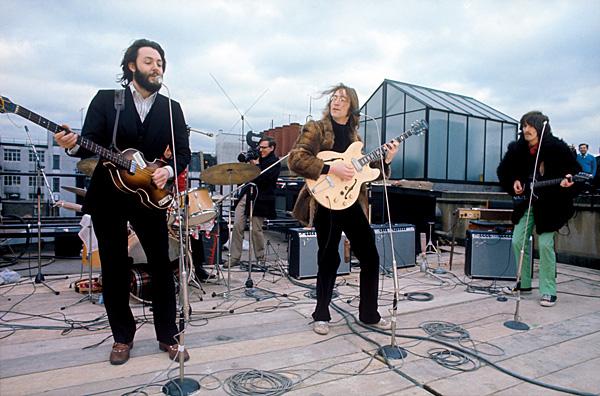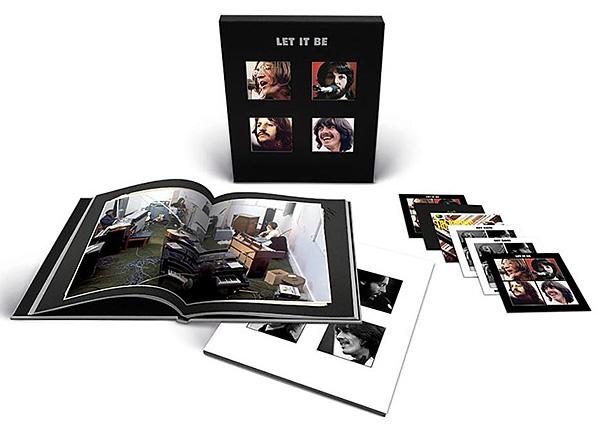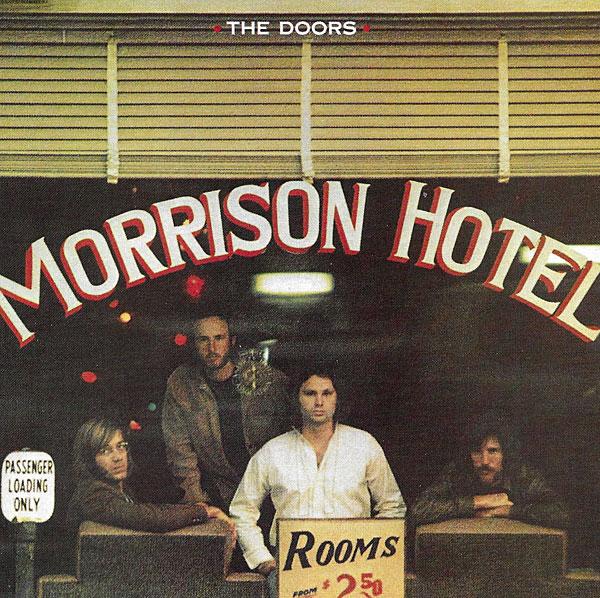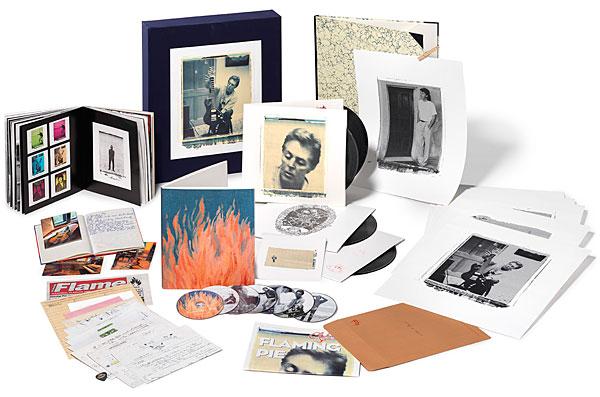Music Reviews
Sort By: Post Date TitlePublish Date
|
Dec 03, 2021 |
|
Nov 19, 2021 |
|
Jul 23, 2021 |
|
Jul 09, 2021 |
|
Apr 23, 2021 |
|
Mar 19, 2021 |
|
Mar 05, 2021 |
|
Feb 26, 2021 |
|
Dec 04, 2020 |
|
Nov 20, 2020 |



















